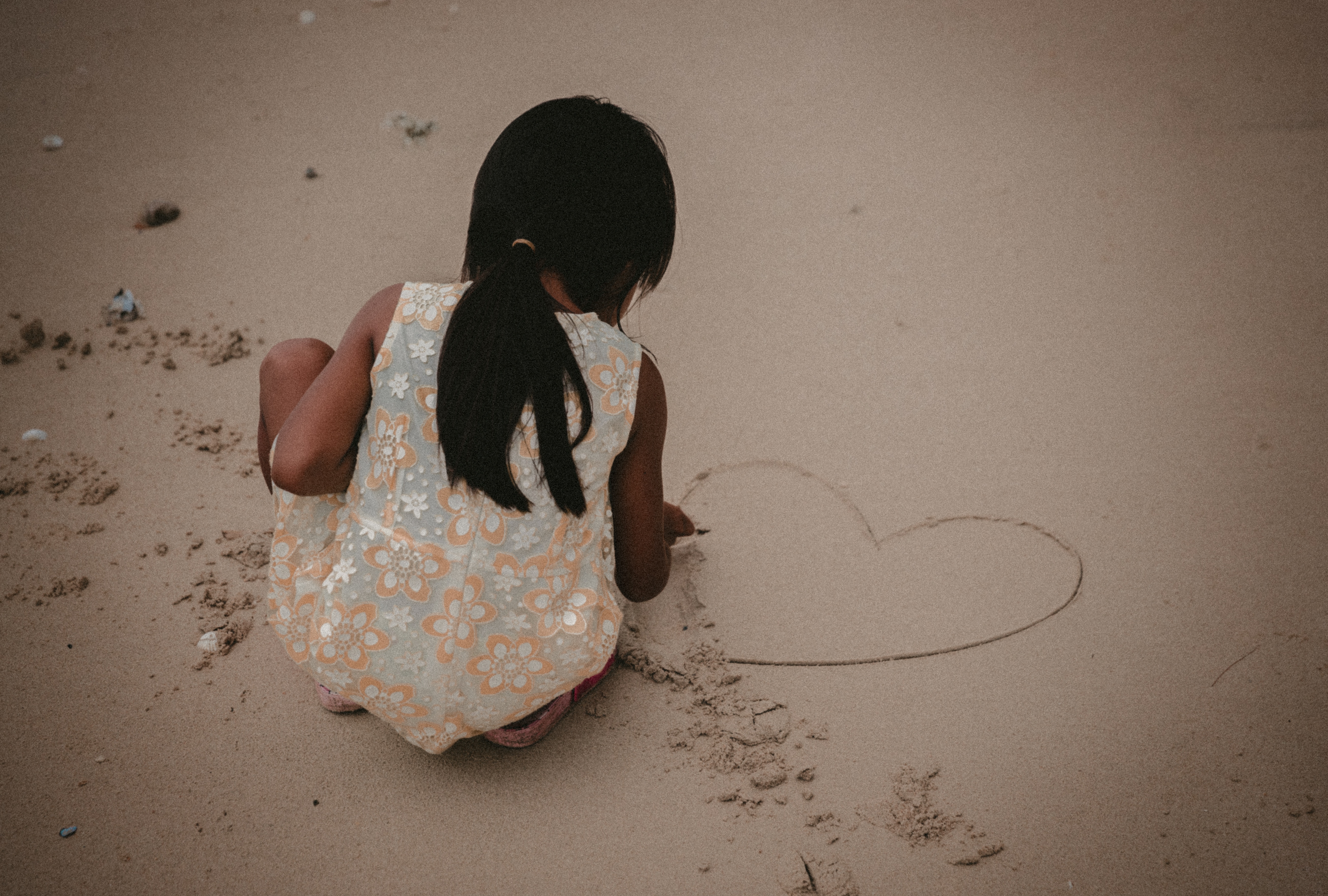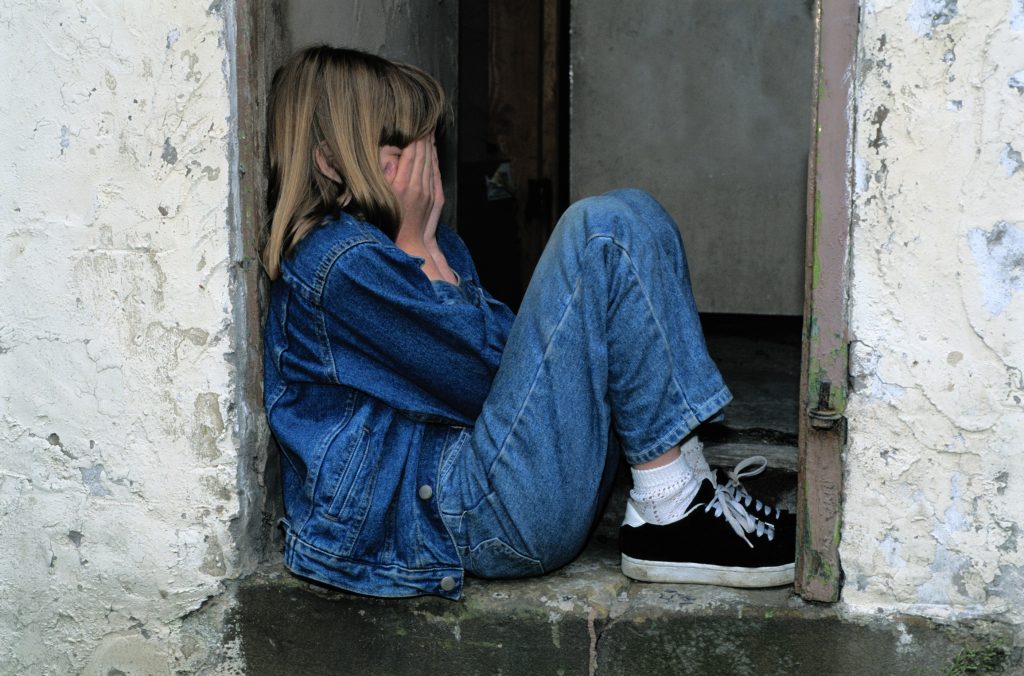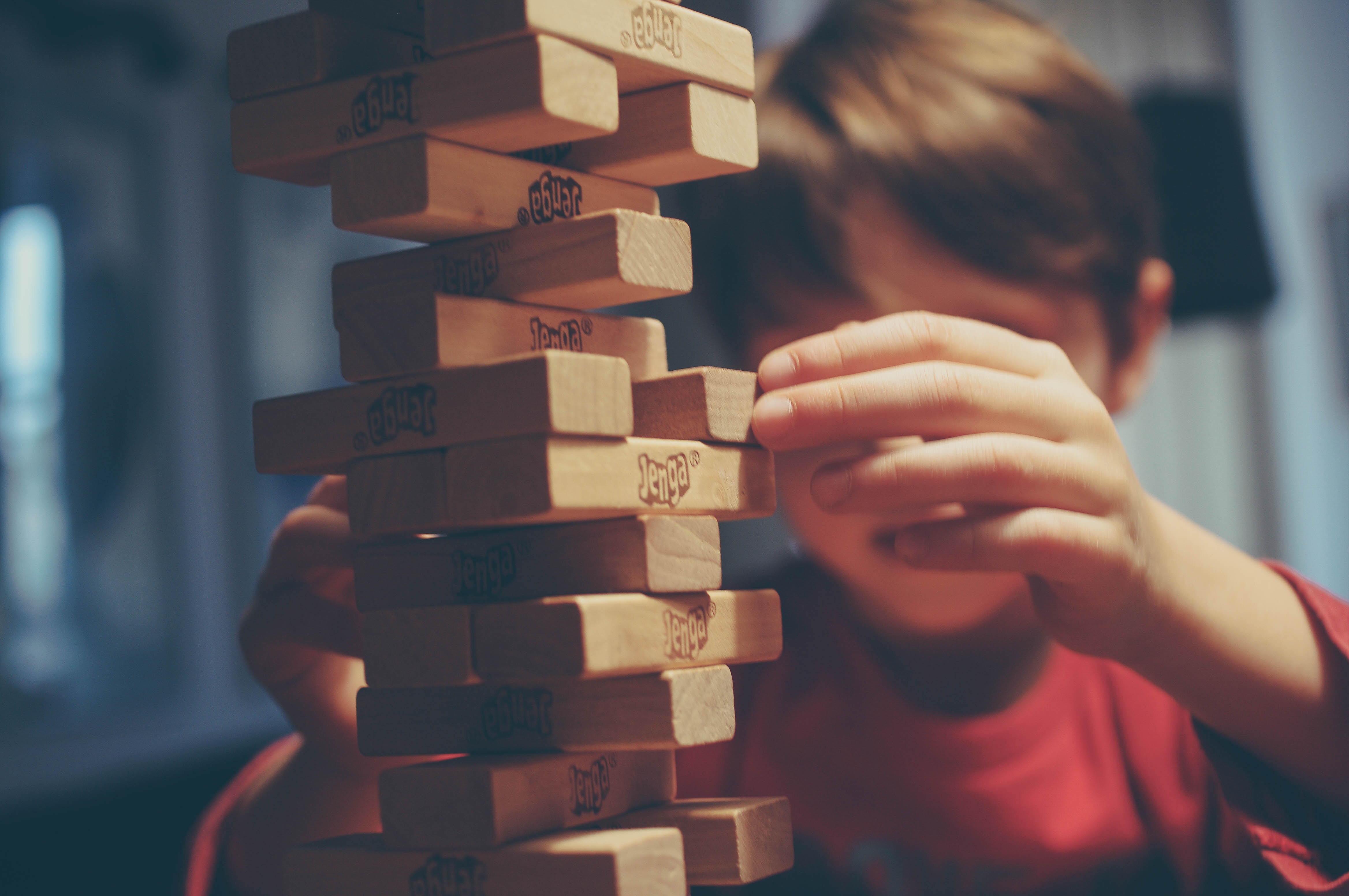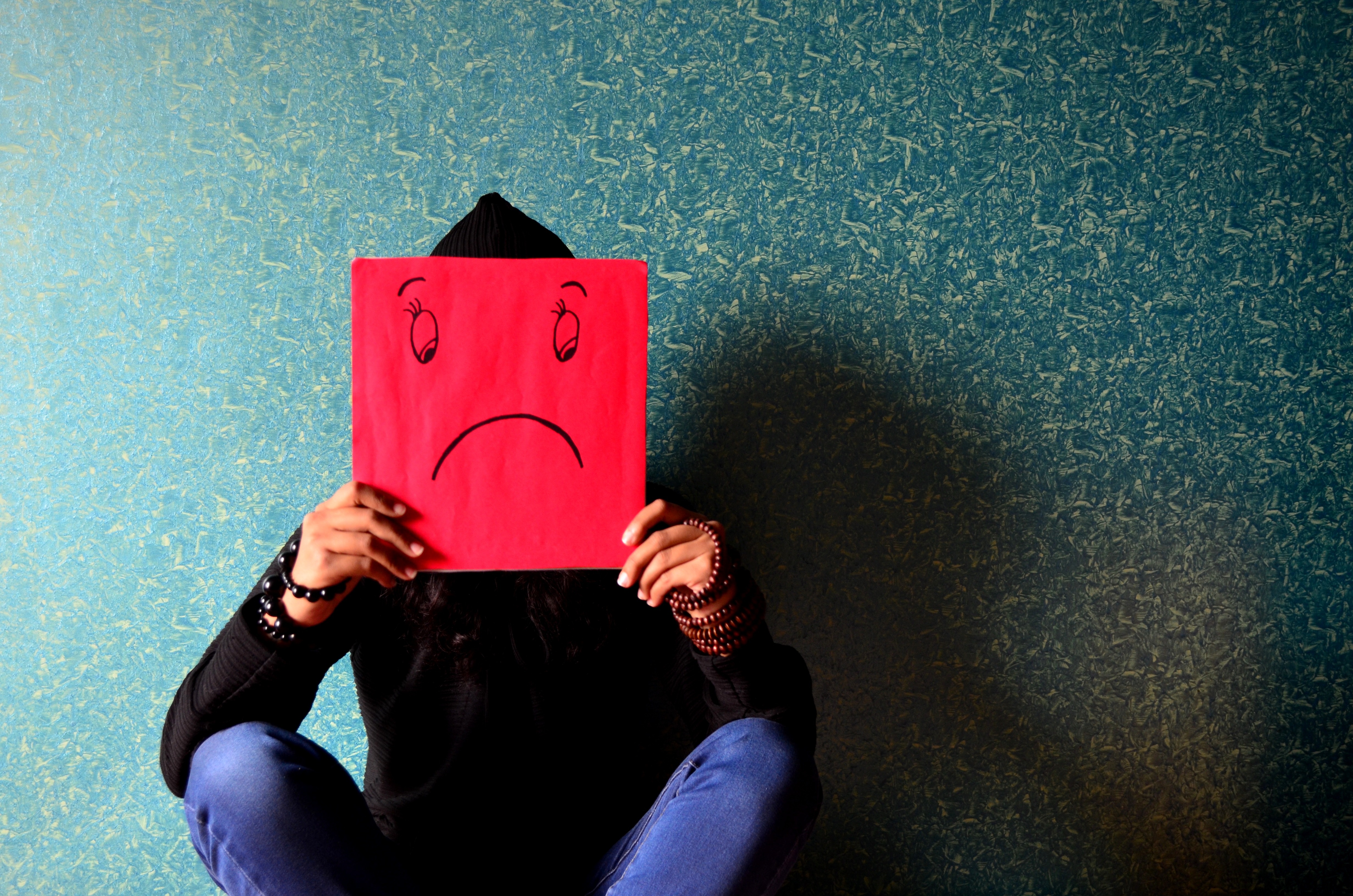The past year has seen a flurry of calls and proposals across the UK for the use of corporal punishment by parents to be outlawed.
The legal and moral arguments for and against a smacking ban have been firmly set out by the opposing sides, so we decided to take a different angle and see what science has to say!
But first, a quick recap…

Image Credit: Diaga Ellaby / Unsplash
Currently, parents who smack their children can be protected from a criminal conviction in England and Wales by a legal defence known as ‘reasonable chastisement’. So long as the punishment is ‘reasonable’, something which is assessed on a case-by-case basis, a parent cannot be found guilty of assault.
In July we reported on plans by the Welsh government to scrap the reasonable chastisement defence, so that children cannot be subject to corporal punishment, however ‘reasonable’.
The Scottish Parliament is also consulting on a bill that would abolish the equivalent defence (known as ‘justifiable assault’) in Scotland.
Where do human rights stand?

Image Credit: Jakob Owens / Unsplash
Well, it depends on which human rights convention you are looking at.
The United Nations Convention on the Rights of the Child (UNCRC) is very clear that children must have the same protection under the law as adults – a basic principle of human rights known as ‘equal protection’. Defences like ‘reasonable chastisement’ and ‘justifiable assault’ are clearly inconsistent with this principle since they diminish the protection that children have against being assaulted.
Under the Human Rights Convention (which, unlike the UNCRC, is legally enforceable in the UK through the Human Rights Act) the situation is less clear. The Human Rights Court has found in several cases (see the end of this article for examples) that punishment inflicted on a child was so severe that it amounted to degrading treatment which violated the child’s rights under Article 3.
But some have argued that even just having a legal defence like ‘justifiable assault’ is, in itself, a violation of the Human Rights Convention, since it necessarily diminishes a child’s protection against inhuman or degrading treatment.
Is smacking ‘inhuman and degrading’?

Image Credit: Pexels.com.
We are only now beginning to understand the full extent of the short and long-term consequences that smacking can have, and it is quite shocking.
By far the most prevalent issue among children who suffer physical punishment is an increased tendency to exhibit negative behavioural traits like anger, aggression and other anti-social behaviours. Often this is coupled with mental health and emotional problems like depression and anxiety disorders, the combination of which can seriously disrupt a child’s early development.
And it can get much worse. This study identified several further problems that can arise, depending on the severity and duration of the punishment:
- Decreased cognitive ability and interest in school
- Reduced capacity to contribute positively in the community (such as through sharing or volunteering)
- Negative effects to the parent-child relationship
- Mental and physical difficulties that persist through adulthood
- Substance abuse
- An increased likelihood of negative behaviours (including violence) in subsequent intimate relationships
Crucially, researchers have also established that physical punishment is not effective at achieving parenting goals, and may, in fact, have the opposite effect.
So what’s next?

Image Credit: Michal Parzuchowski / Unsplash
The proposed measures in Scotland and Wales will probably be voted on some time next year, but until then the debates and consultation will continue.
One thing we can be sure of is that this kind of scientific research will feature prominently in the discussion, and may have an important effect on the final outcome.
Read more about this issue by clicking the links below:
- Read about how human rights protect young people
- Learn more about why the right not to be tortured matters
- What is inhuman and degrading treatment?







